Brendan Rodgers oversaw his first pre-season as Liverpool boss 10 years ago this month. Aaron Cutler looks back on what followed…
It is now 10 years since Brendan Rodgers led his first training session as Liverpool manager.
That’s significant, if not a little scary.
Plenty has happened in the proceeding decade, to the extent that the Northern Irishman’s tenure is often forgotten. Indeed, he will forever be known as the man before the man.
Finding consensus on Rodgers’ reign is like finding an honest Conservative minister. From day one he split opinion, with doubters vocal even with his side on the brink of an unlikely title.
Much of that comes down to image. A self-styled ‘modern coach’, the then-39-year-old was unveiled at Anfield amid much talk of ‘philosophy’ and ‘ideology’.
In this respect, he failed to read the room.
Preaching the virtues of possession football to Liverpool supporters is like instructing Paul McCartney on how to write a hit song.
Kopites had revelled in the success of the Shankly and Paisley eras. Last time we checked, neither were the result of route one tactics.
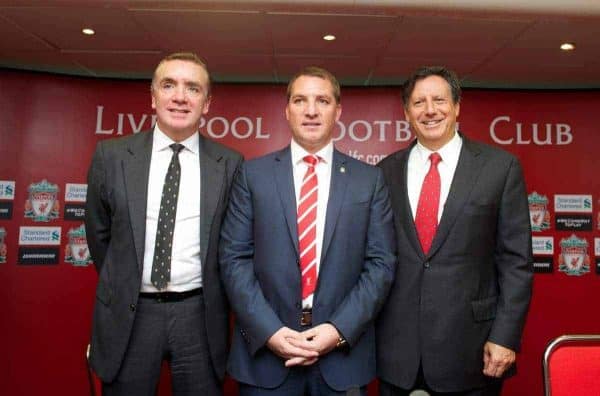
Simply put, Scousers do not suffer fools. There would be no reinvention of the wheel in their eyes.
A famed 180-page dossier, said to have sealed his appointment, only served to heighten the feeling he was a sporting salesman. Rodgers’ penchant for soundbites may have wooed the impressionable, but irritated old-timers.
Add this to the fact he was replacing an icon in Kenny Dalglish, and you can begin to understand some of that early apathy.
Being: Liverpool
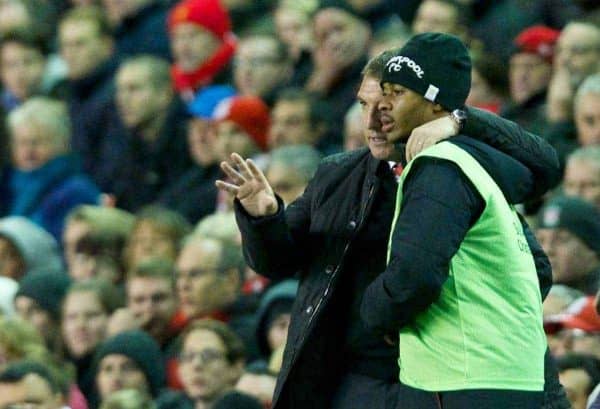
Admittedly, the incoming boss was hardly helped by a prior commitment to filming a behind-the-scenes documentary across what would be his maiden pre-season.
Another manager, with a trophy-laden CV, might have put a stop to that. Dare we say his successor would have.
Yet Rodgers – at that point – had no real track record to speak of. And having been parachuted into the hot seat of a footballing behemoth, he was in no position to give ultimatums.
Unfortunately, ‘access all areas’ meant exactly that, including footage of some cringeworthy material and team talks; none more so than that based around envelopes…
This earned Rodgers comparisons to David Brent. A likeable figure, but somewhat of a parody.
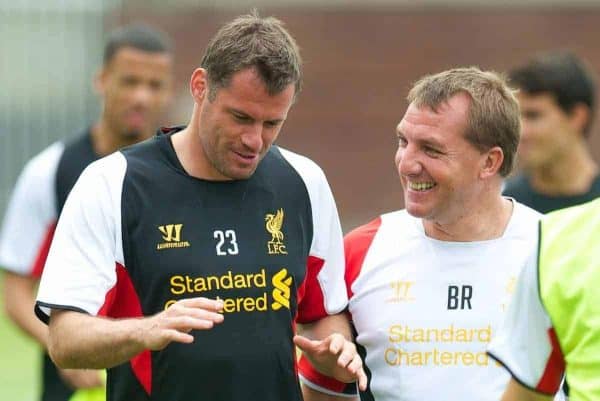
It was against this backdrop that the Reds entered a transitional season.
Rodgers was true to his word and attempted to implement a passing style that meant playing out from the back.
It’s fair to say this took some time.
Liverpool failed to win any of their first five league games and were trounced 3-0 away to West Brom on the opening day.
Before a long-awaited win at Norwich, meanwhile, came a haphazard end to the transfer window.
It’s since emerged that Rodgers angered his bosses by bemoaning a lack of signings in forward positions, having been offered the chance to retain Andy Carroll.
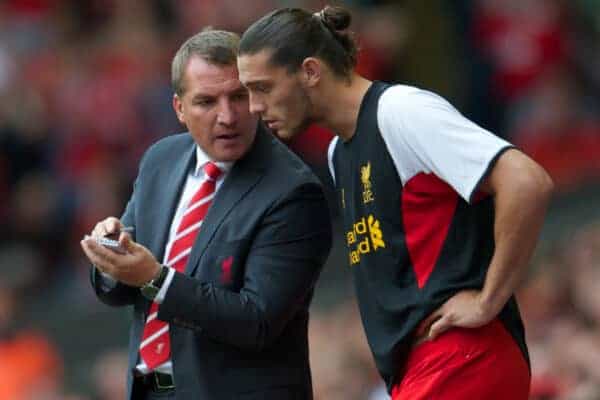
Looking back, this was perhaps the first evidence of self-preservation, something that would become a regular occurrence.
On the pitch the Reds gradually improved, but it was only in January, when both Daniel Sturridge and Philippe Coutinho joined, that a hint of what was to come came to the fore.
And this brings Rodgers’ much-talked-of philosophy into sharp focus.
Come the end of that season, the Reds had evolved into a counter-attacking side. The slow, considered buildup was replaced with faster transitions, often launched by the now-deep-lying Steven Gerrard.
It could be argued personnel forced the manager’s hand in that regard.
Indeed, it’s long been speculated he was personally against the Sturridge signing. Yet the old adage says you work with the tools you’re given…
And the ability to adapt is surely the sign of a good manager.
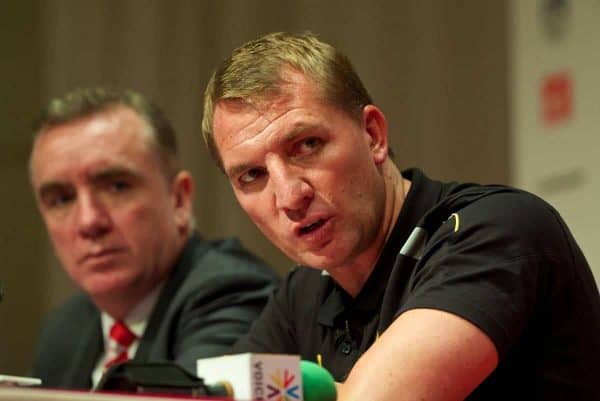
Nonetheless, it made a bit of a mockery of the seminars we’d listened to in every press conference for six months.
Regardless Liverpool ended the campaign strongly. The 3-2 defeat of Spurs at Anfield in March signalled the first significant victory of the Rodgers era. Up to that point the Reds had failed to beat any of the established ‘big six’.
They ended the season unbeaten in eight and full of attacking impetus.
2013/14
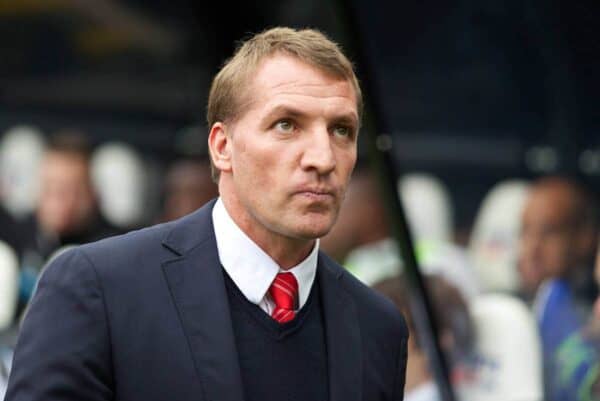
Heading into the exhilarating but ultimately heartbreaking 2013/14 season, Rodgers had shown his ability to harness momentum. It remains his best trait to this day.
Suddenly the curious and downright bizarre experiments that defined his early months were abandoned.
Rodgers – for a while at least – put aside the ego that would force him to display ingenuity at every turn. There would be no more Stewart Downing at left-back, for example.
Instead, he rode the wave.
Around 15 players were entrusted to go the distance, building on the confidence and energy that stemmed from three consecutive 1-0 wins at the start of the campaign.
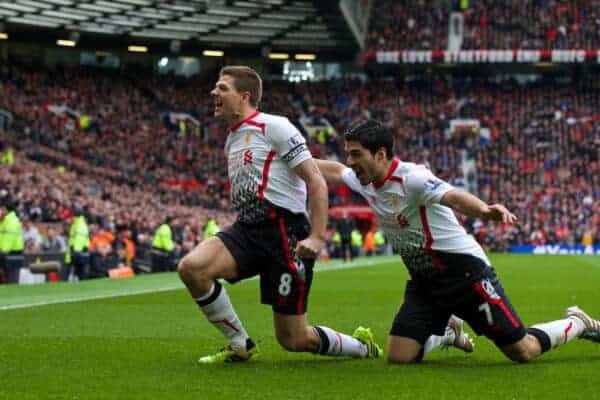
Led by the spectacular Luis Suarez and talismanic Gerrard, the Reds found themselves in an unlikely title challenge. They were flawed but relentless, shipping 50 goals but scoring 101.
When it clicked, they were simply devastating, as Spurs (5-0), Everton (4-0) and Arsenal (5-1) found to their cost.
By this point, Rodgers’ dossier had been set alight, along with the rest of Premier League. There was no philosophy on display – how could there be when you concede so frequently?
The only commitment was to the utter chaos that might just deliver a 19th title.
It so nearly did.
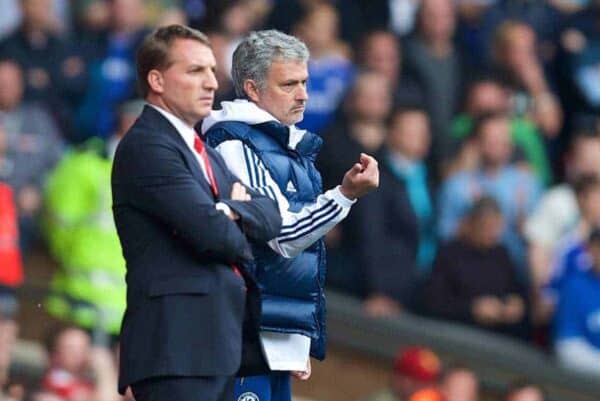
We all know how that run-in concluded and though nobody would admit it, we feared it would never be as good again.
That near-miss also served to heighten expectations. A serious title assault might have been expected in year four or five.
Rodgers now had to repeat the formula – without his best player.
The fall
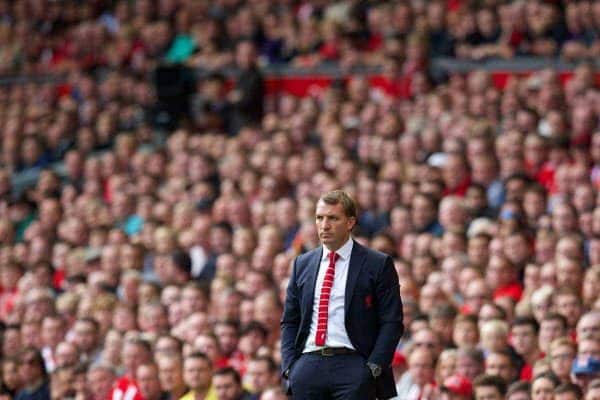
Rodgers’ biggest critics attribute the thrilling 2013/14 season to Suarez alone.
Granted, he was playing football from another planet and drove an imperfect team to the brink of the Holy Grail. But even the best need an environment in which to flourish.
The Uruguayan never hit those heights under Dalglish.
Rodgers also did a good job of reintegrating his star player following a very public exile for attempting to engineer a move away. That’s good management, however you dress it up.
The naysayers point to the following year as proof Suarez made Rodgers. What they forget is he lost not one but two strikers, with Sturridge consigned to the treatment table for pretty much the duration.
Ironically this forced him to revert to type and overthink everything.
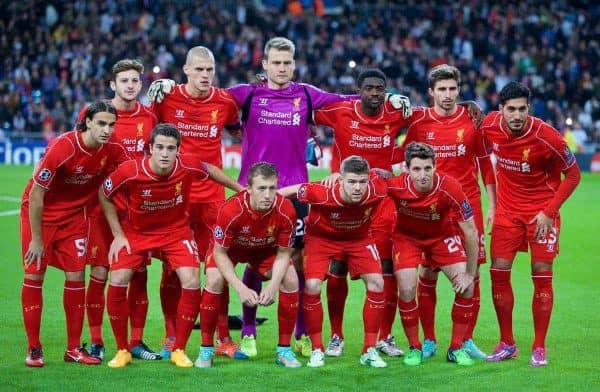
We were told (by the man himself, obviously) about late nights at the kitchen table devising a 3-5-2 system. We saw Emre Can at centre-back, Rickie Lambert used as a target man and even Brad Jones between the sticks.
He found that all-important momentum mid-season, leading to a run of 12 games unbeaten.
But as good as Rodgers is at riding a wave, he struggles to arrest a decline. That began with a fatal defeat at home to Man United and culminated in a 6-1 thrashing at the hands of Stoke.
In hindsight that really should have marked the end.
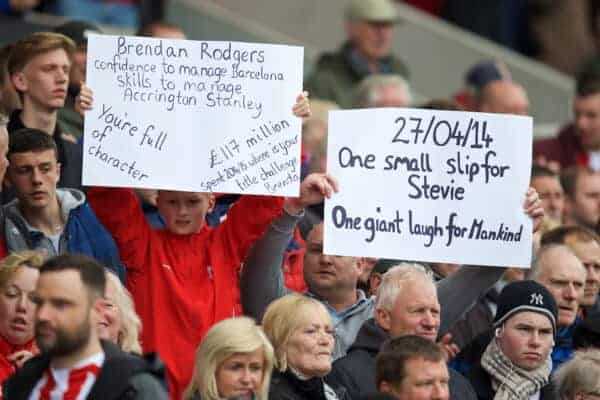
For whatever reason, he was allowed to limp on for another five months, in which time his paranoia came to the fore in press conferences.
Admittedly, he wasn’t the first Liverpool manager to suffer that fate. Gerard Houllier also began to distrust everyone with a media badge. The pressures of the job will do that to you.
Rodgers’ legacy
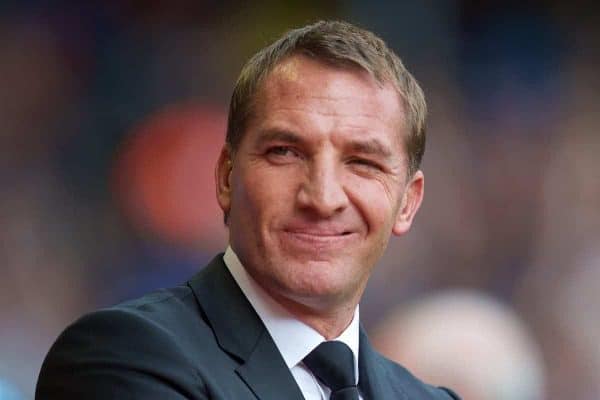
So, 10 years on from his first training session, how is Rodgers viewed now by supporters?
Well, the reception he’s afforded whenever he returns with Leicester tells a story. It’s one of polite applause.
He was a decent manager boasting a 51.20 percent win ratio. That puts him above the likes of Roy Hodgson (41.94%) and Graeme Souness (42.04%) but below Roy Evans (51.77%) and Houllier (52.12%).
On reflection, you’d say that’s just about right.
Numbers, however, never tell the whole story. He came within a slip of being immortalised yet in many ways contributed to his own demise.
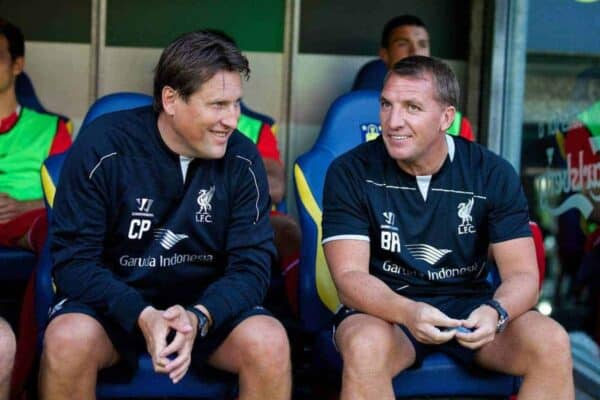
Did he get the Liverpool job too early? Perhaps. Would he be reconsidered in the future? Unlikely.
His biggest critics point to his decision to walk out on Celtic with a historic treble-treble in sight as proof his priority has been and always will be Brendan Rodgers.
In that respect, he was never right for our club.
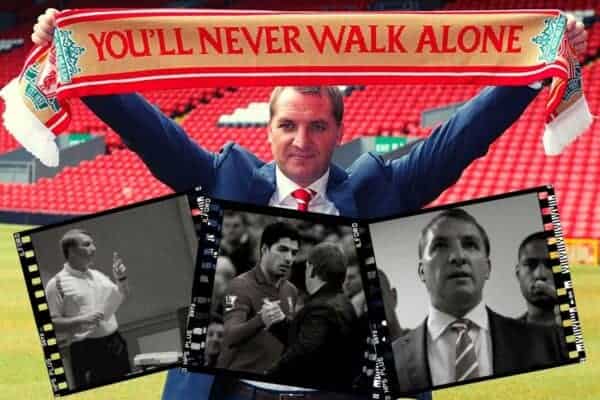




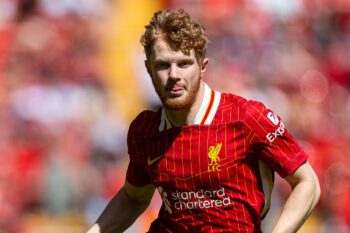
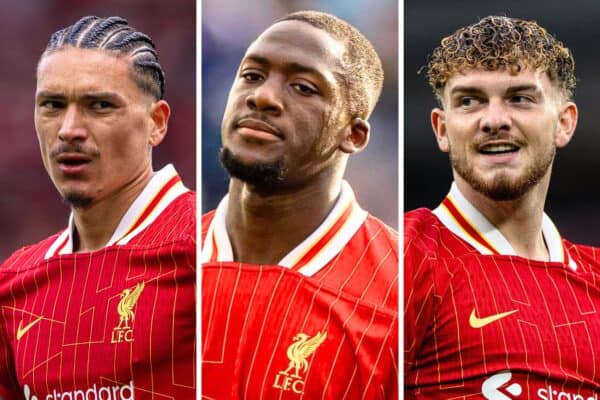

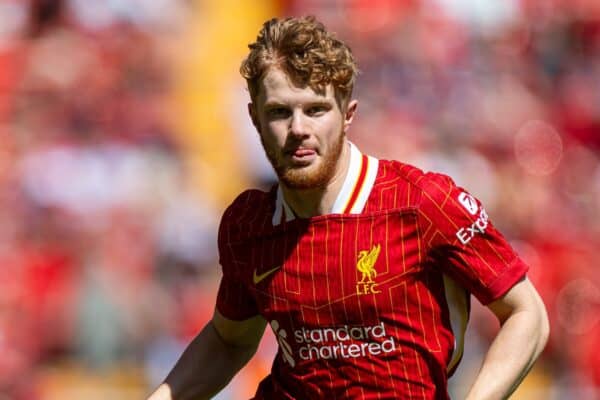


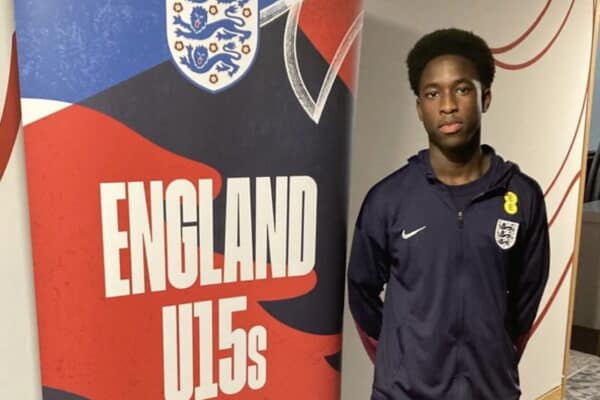
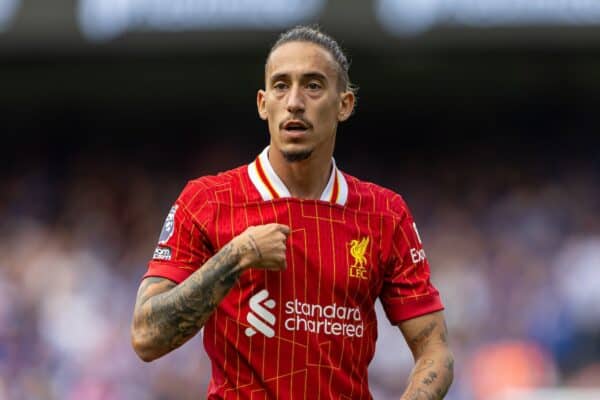
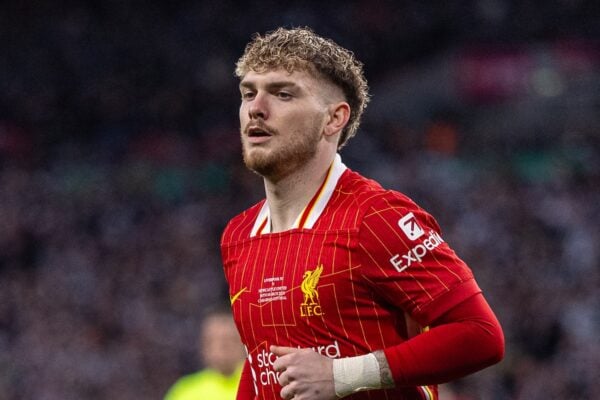
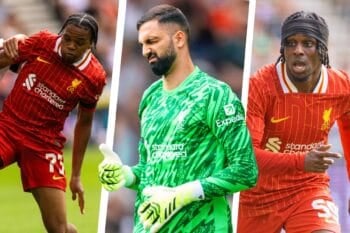
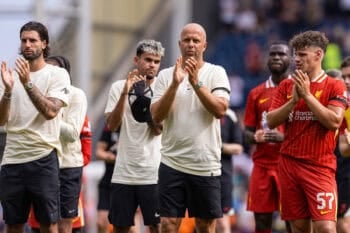

Fan Comments